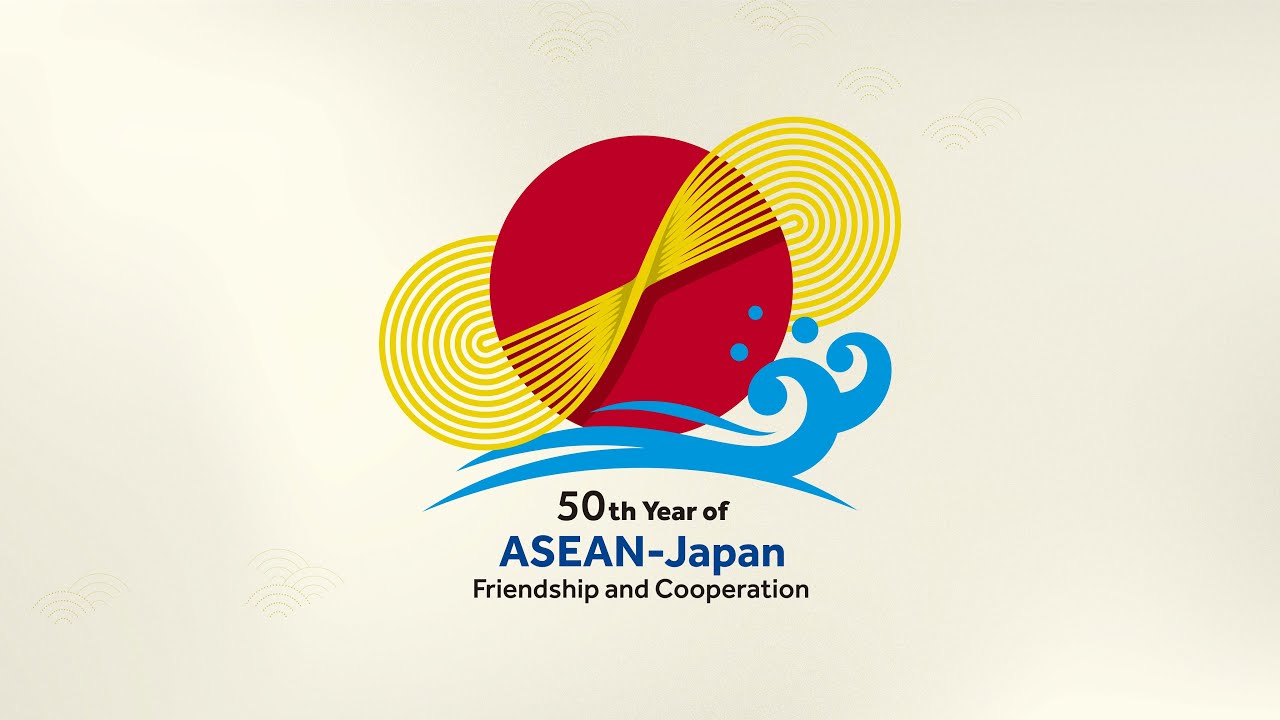
NGOCSTIP – ASEAN and Japan recently strengthened their cooperation in human rights and anti-trafficking efforts. The ASEAN Intergovernmental Commission on Human Rights (AICHR) held its 41st meeting with Japan. Discussions focused on pressing human rights concerns, including the issue of human trafficking. This collaboration aims to build capacity, raise public awareness, and promote policy dialogue. Both sides agreed that regional cooperation is vital for tackling these complex challenges.
ASEAN and Japan prioritize capacity building among member states. Training programs are being developed for law enforcement, social workers, and policymakers. These programs focus on victim identification, protection, and support services. Public awareness campaigns are also planned to educate communities. The goal is to reduce vulnerability to trafficking and strengthen prevention measures. By increasing knowledge, they hope to mobilize action across the region.
The collaborative efforts encourage sharing best practices. Japan offers technical expertise and resources for training initiatives. ASEAN countries contribute local knowledge and context-specific strategies. This exchange helps customize solutions for diverse populations. Such partnerships improve the overall effectiveness of anti-trafficking measures. Stakeholders from both regions have expressed optimism about future progress.
“Read about: DHS Blue Campaign: Protecting Students from Human Trafficking in Schools”
Another key aspect of the cooperation is policy dialogue. ASEAN and Japan discuss existing laws and enforcement challenges. They aim to harmonize regional policies for better coordination. Legal frameworks are reviewed to ensure alignment with international standards. Both parties work on strengthening laws to prosecute traffickers effectively. Victim protection laws are also enhanced to guarantee rights and support.
Dialogue sessions include government officials, NGOs, and international organizations. These multi-stakeholder forums foster inclusive conversations. They promote transparency and encourage joint problem-solving. Such engagement also helps identify gaps in current policies. Recommendations from these discussions guide future legislative reforms. The ultimate goal is a cohesive and robust regional response to trafficking.
ASEAN and Japan recognize that human trafficking crosses national borders. Regional cooperation is crucial to combat this transnational crime. Joint efforts include information sharing and coordinated law enforcement actions. Cross-border task forces are being established to disrupt trafficking networks. Collaborative investigations improve the chances of arresting traffickers. Countries also work together to provide safe repatriation for victims.
Efforts extend to joint training exercises and simulation drills. These activities improve readiness and coordination among agencies. Regular meetings maintain open communication channels. The cooperation enhances mutual trust and understanding. It also builds regional resilience against trafficking threats. ASEAN and Japan remain committed to sustaining and expanding this partnership.
“Read more: Increased Infectious Disease Risks for Children as Schools Reopen After COVID-19”
Despite progress, many challenges still remain in the fight against trafficking. Moreover, resource limitations and varying national priorities often hinder efforts. Additionally, differences in legal definitions and enforcement capacity complicate cooperation. Therefore, ASEAN and Japan continue to address these issues through dialogue and active support. Furthermore, there is a strong push to involve civil society and private sectors more actively. Meanwhile, technology and data sharing platforms offer new opportunities for better tracking and prevention.
Both parties consistently emphasize the importance of victim-centered approaches. Consequently, ensuring survivors’ rights and rehabilitation remains a top priority. Likewise, cultural sensitivity and community involvement receive strong promotion in programs. Through continuous evaluation and adaptation, the partners help refine strategies over time. Ultimately, the partnership aims to create a sustainable and impactful regional network. In conclusion, collective commitment stands as essential for long-term success.